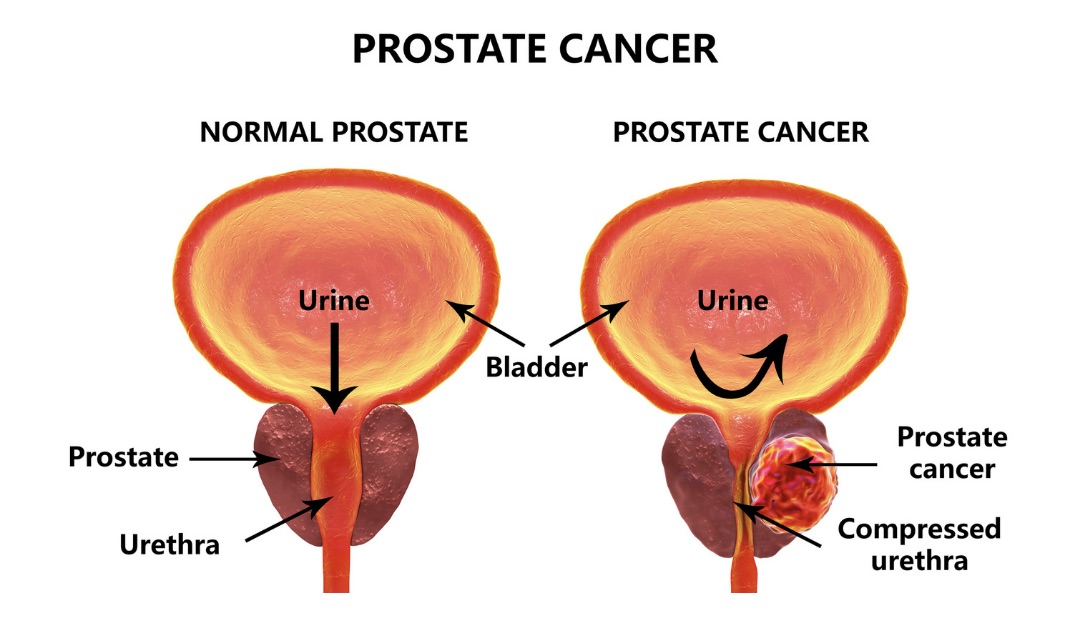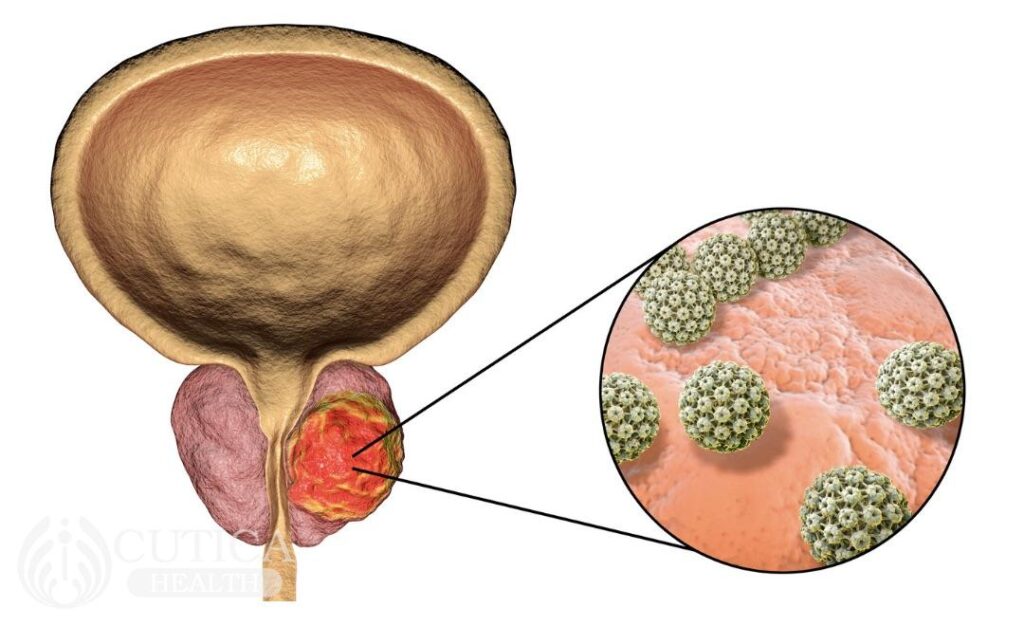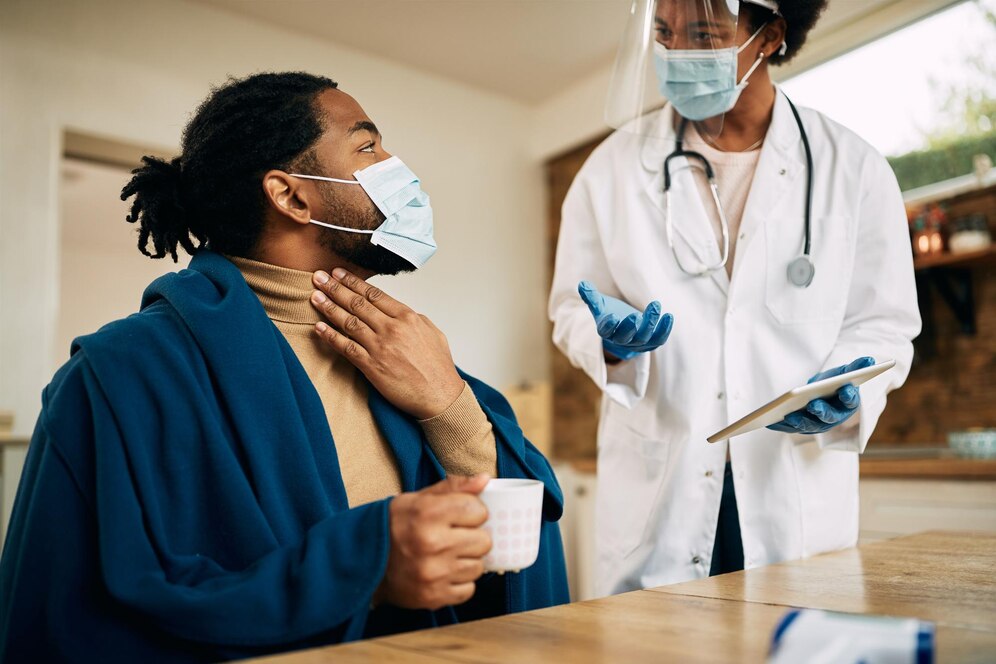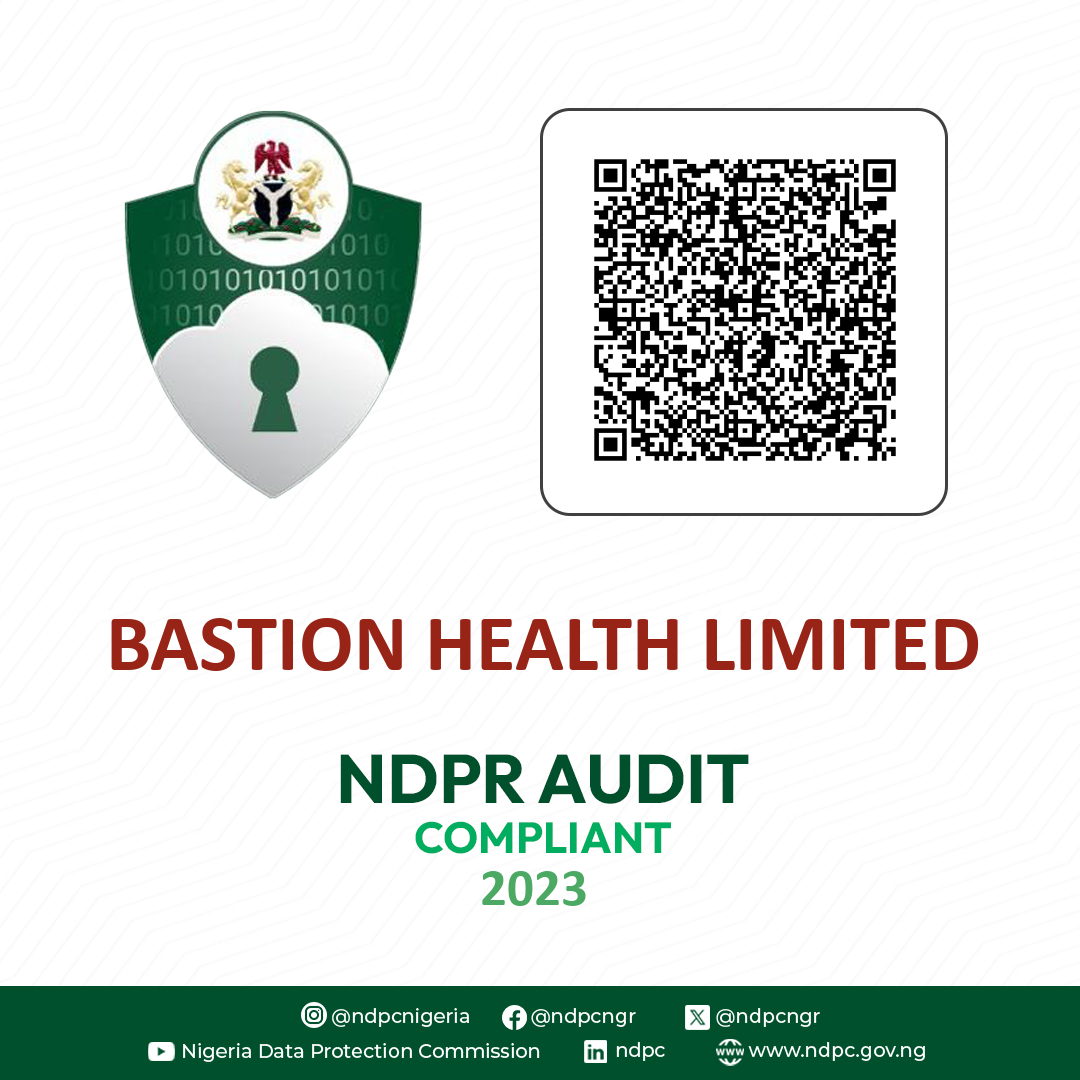Prostate cancer is one of the commonest cancers in men, and a potentially life-threatening cancer that could spread to other parts of the body causing severe symptoms. There have been many questions and concerns about prostate cancer; here, we will help you with essential information you need to know about this it.
Prostate cancer affects a part of the male genital organs called the prostate gland, whose primary function is to produce fluid that nourishes sperm cells. As men get older, the prostate gland enlarges and may get affected by unregulated enlargement called cancer. Prostate cancer is, however, not a mere enlargement; it represents a unique uncoordinated growth of cells of the prostate which then begin to spread to other organs, including the spine, lungs, and kidneys.

How do I know if I have prostate cancer?
One of the first signs you might experience with prostate cancer is that you find it difficult passing urine. This is because the pipe through which urine passes in the penis courses through the body of the prostate gland. So, as the gland enlarges, it squeezes the pipe, making it difficult for you to pass urine. Other common symptoms of prostate cancer include:
- Urine leaks
- Inadequate emptying of urine
- Frequent urination at night
- Difficulty urination
- Strong urge to urinate
- Painful urination
- Urine breaks—instead of a steady stream
- Blood in urine
- Blood in semen
- Weak erection — especially of sudden nature
- Weight loss without trying
- Bone pain

Having any one or two of these symptoms does not necessarily mean you’ve got prostate cancer. At a certain age, the diagnosis could be more likely; but you still need to visit your healthcare provider for a thorough clinical evaluation.
What are the causes of Prostate Cancer?
Like many other cancers, a change in the DNA in the prostate cells could lead to cancer, but the actual cause is not known; however, there are associated risk factors such as:
- Age: Advancing age increases one’s risk of prostate cancer
- Race: prostate cancer is common among people of African descent
- Family history: if a member of your family suffered from prostate cancer, it increases your chances of suffering from the ailment also
- Obesity: Obesity and overweight increases your chances suffering from many forms of cancer
How can I prevent prostate cancer?
- Eat healthy- you cannot go wrong with eating lots of fruit and vegetables.
- Exercise— exercising most days of the week keeps you healthy and safe from cancers and other diseases
- Watch your weight—maintaining a healthy weight helps to prevent prostate cancer and other forms of cancer.
- Routine screening test: Taking a periodic PSA (prostate-specific antigen) test comes in handy especially for older men. You can also undergo a DRE (digital rectal examination) , where your doctor inserts two of his gloved fingers into your rectum to feel for and examine your prostate gland for any abnormal features. Check your local guideline to seat what age you should start prostate cancer screening and how frequently you should get it done.

Conclusion
Prostate cancer is one of the commonest diseases affecting men. While it causes noticeable symptoms such as bloody urine, painful urination, and frequent urination; it may not present with any symptoms at all. If you notice symptoms suggestive of prostate cancer, please seek medical attention as soon as possible.









